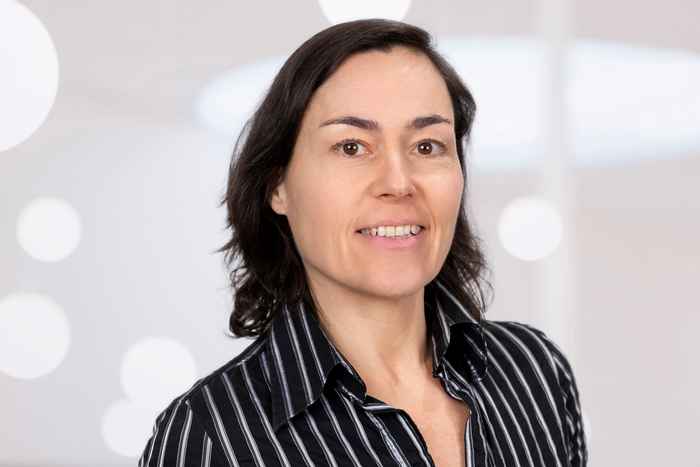Beyond Market Power: The Risks of Media Concentrations
26 June 2025

Dr Cseres was recently interviewed by the NRC newspaper and asked to give her opinion on the media merger case currently being investigated by the Dutch competition regulator ACM.
The case concerns the takeover of RTL Nederland by the Belgian company, DPG Media. DPG is already the largest media company in the Netherlands, and publishes a large number of national and regional newspapers and magazines, and owns radio stations and online services. With the acquisition of RTL, it would also own the largest commercial television company in the Netherlands and the streaming service Videoland.
While the ACM is mandated to assess the takeover solely through the lens of economic competition—focusing on market structure and consumer welfare—it does not have the authority to evaluate broader concerns such as media pluralism, editorial independence, or the political implications of concentrated media ownership. Dr Cseres argues that this narrow legal focus is ill-suited to capture the democratic risks posed by media mergers.
In the Netherlands, there is no legal test to assess whether mergers and takeovers endanger the pluralism of the media landscape. Having a multitude of different voices in the media is an important part of the democratic constitutional state. Look at Hungary, there are a hundred different media, but they all distribute the same texts by Prime Minister Orbán. That is not media pluralism.Kati Cseres